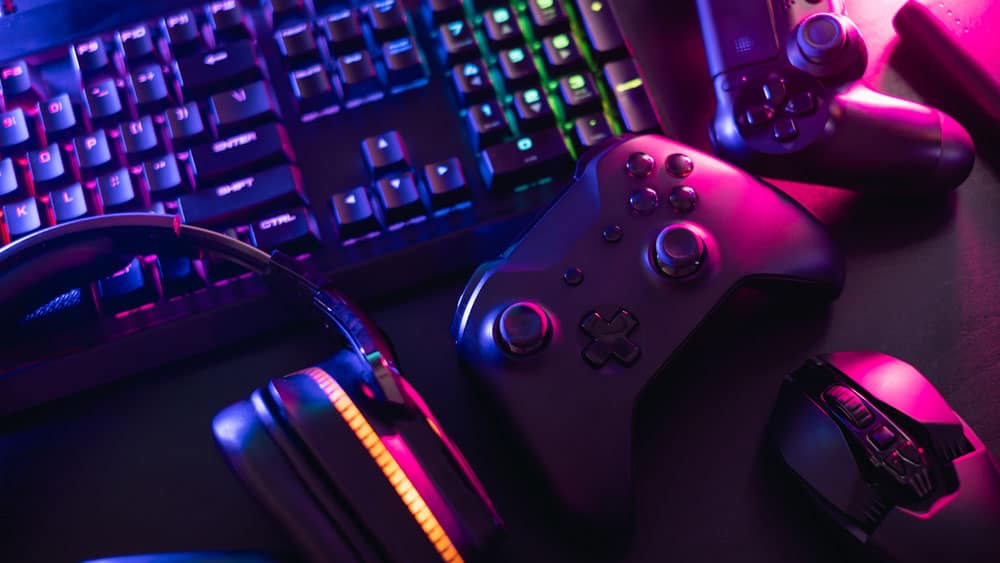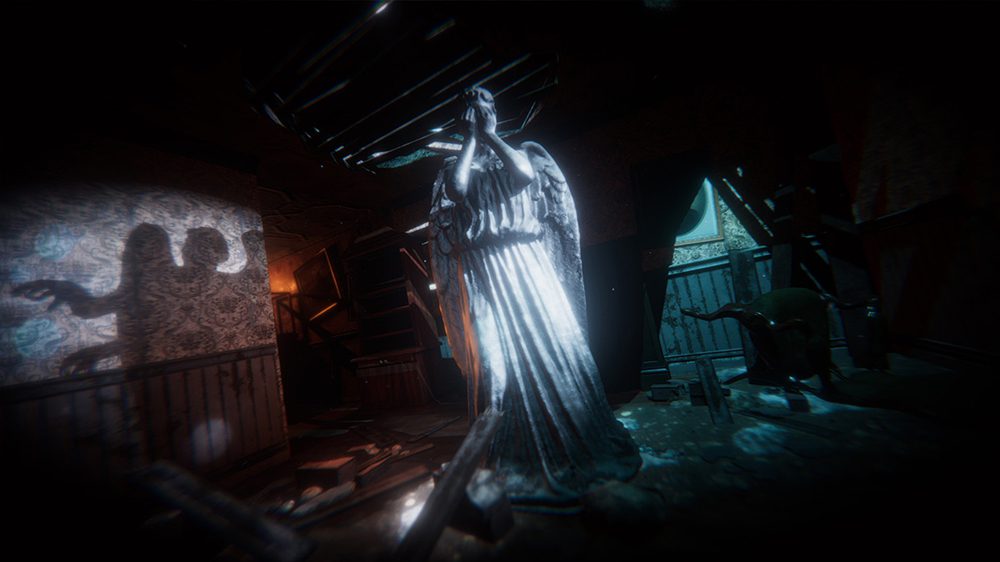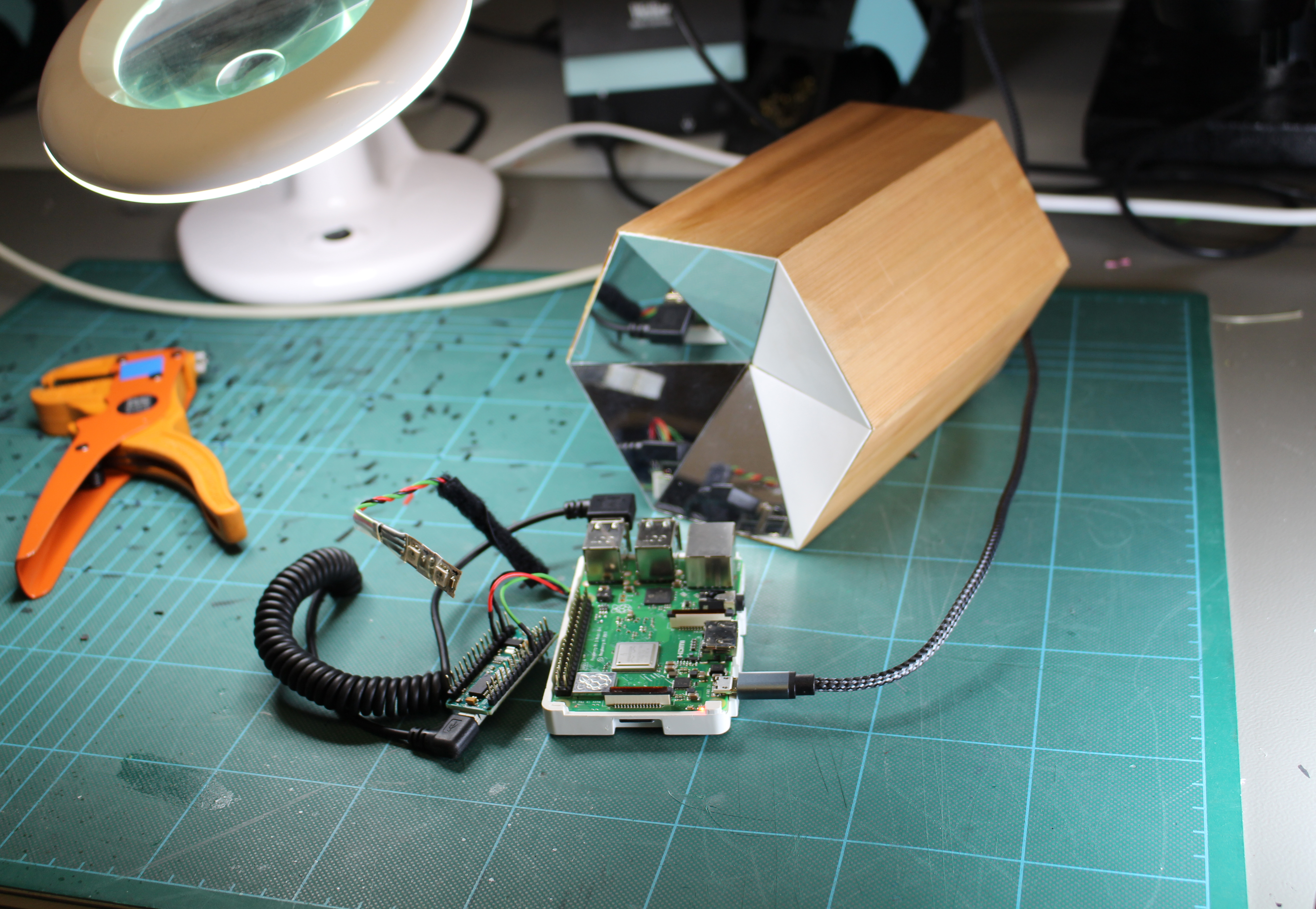Schlagwort: bbc
-

Take the trip of a lifetime in Maze Theory’s Viveport adventure Doctor Who: The Edge of Time
Reading Time: 6 minutesVR has the awesome power to make players feel super-heroic like never before. With Doctor Who: The Edge of Time, arriving to Viveport and Viveport Infinity tomorrow, developer Maze Theory had the herculean task of bringing one of the most iconic heroes in sci-fi history to life in VR, placing a Sonic…
-

Securely tailor your TV viewing with BBC Box and Raspberry Pi
Reading Time: 3 minutesThanks to BBC Box, you might be able to enjoy personalised services without giving up all your data. Sean McManus reports: One day, you could watch TV shows that are tailored to your interests, thanks to BBC Box. It pulls together personal data from different sources in a household device, and gives…
-

Securely tailor your TV viewing with BBC Box and Raspberry Pi
Reading Time: 3 minutesThanks to BBC Box, you might be able to enjoy personalised services without giving up all your data. Sean McManus reports: One day, you could watch TV shows that are tailored to your interests, thanks to BBC Box. It pulls together personal data from different sources in a household device, and gives…
-

Doctor Who: Legacy coming soon to iOS and Android
Reading Time: < 1 minuteAccording to the game’s Twitter account, Doctor Who: Legacy will be released soon for iOS and Android. The free to play game will arrive in time for the BBC franchise’s anniversary celebrations. Doctor Who: Legacy is being developed by Tiny Rebel Studios and Seed Studios. Official Source: http://www.vg247.com/2013/11/10/doctor-who-legacy-going-free-to-play-on-mobiles-soon/ http://imageshack.us/f/706/pbfc.jpg/




